Public employees in South Korea have little appetite for team lunches

Younger public employees prefer to eat alone and are less receptive to communal lunch gatherings, while senior public employees seek solitude.
South Korea considers revision of flexible work plan to suit employees
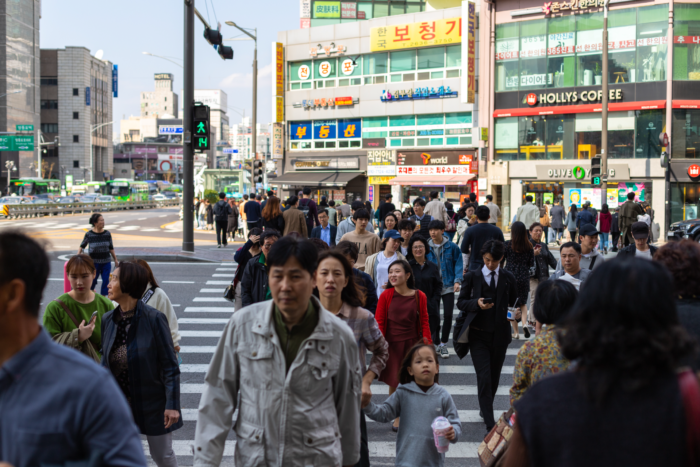
Many employees have opposed the Ministry of Employment and Labour’s proposal to increase the weekly maximum work hours to 69 hours.
Employee groups reject South Korea’s 69-hour workweek proposal
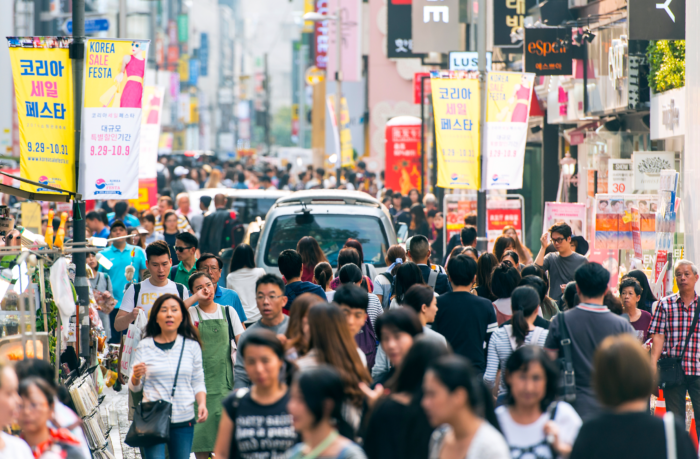
Criticism and doubts have been raised over the feasibility of longer work hours and vacations in a proposal pushing for a new working hour system.
More flexibility for employees in South Korea to choose when to work

Plans to revise the current 52-hour workweek will afford employees more control over how they manage their working hours.
Longer shifts, more leisure: Firms in South Korea adopt new work system

The new system involves two 12-hours shifts followed by multiple days offs, without adding to employees’ overall working hours.
South Korea’s job market growth slows to lowest level in two years
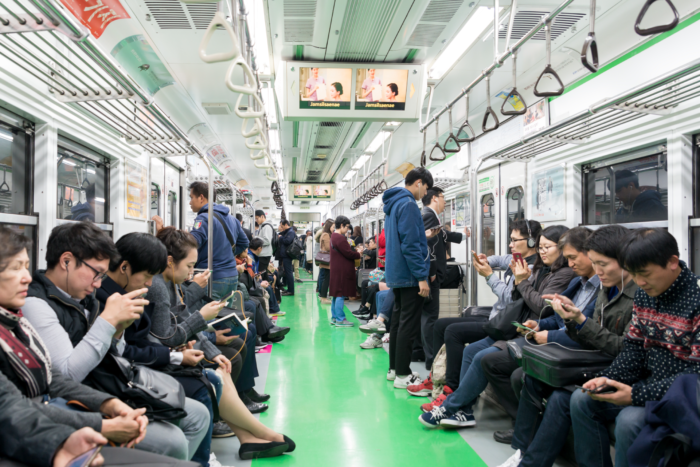
Job growth in South Korea hit a two-year low in January 2023 with 411,000 jobs added, marking the smallest on-year growth since March 2021.
Samsung offers employees low-carbon meals

The diet policy aims to minimise greenhouse gas emissions while using eco-friendly materials in the organisation’s cafeterias.
Employees in South Korea must pay more to support pension scheme

As South Korea’s population ages and more employees leave the workforce, pension reserves are predicted to deplete by 2055.
Investment in ESG management grows in South Korea

Companies spent more than 5 trillion won (US$4.04 billion) on managing environmental, social and governance (ESG) initiatives in 2022.
Employees of South Korea’s Kakao reject calls to return to office

More than 50% of Kakao employees have reportedly joined the Krew Union in response to a mandated return to office this March.
Job additions in South Korea hit 22-year high
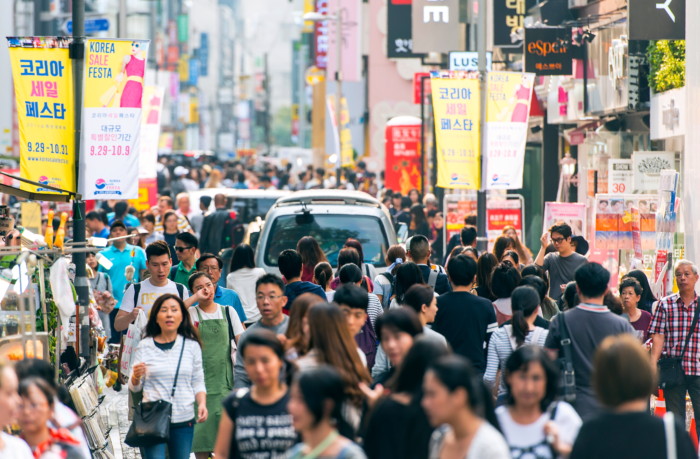
The country is gradually returning to pre-pandemic levels with an addition of 816,000 jobs in 2022, the highest increase recorded in 20 years.
Wage hike tops South Koreans’ new year wish list

Apart from higher wages to cope with rising inflation, employees in South Korea also want reduced work hours and a better work-life balance.
LG Uplus extends marital benefits to unmarried employees

An unmarried male employee has received a month’s wage and five days of leave, which is equivalent to what newlyweds have been receiving from LG Uplus.
Work from home experiences differ for couples

A study suggests husbands should be given more flexibility at work to support their wives in accomplishing their work and family responsibilities.
Sustainable growth a key focus for companies in South Korea

The CEOs of POSCO Group, KT and Samsung SDI identified strengthening social responsibilities and securing competitiveness as their focus for 2023.
South Korean internet platform ends remote working policy

Depending on the state of the pandemic in the country, all employees are required to return to the office starting next March.
More employees in South Korea took parental leave in 2021

Fathers who took parental leave account for 24.1%, up 1.5 percentage points from the previous year, reflecting changes in social norms.
SMEs in South Korea more likely to hire temporary employees

Compared to large organisations, about four in 10 employees working for organisations with less than 300 staff are non-regular workers.
Earning power peaks at age 42 in South Korea
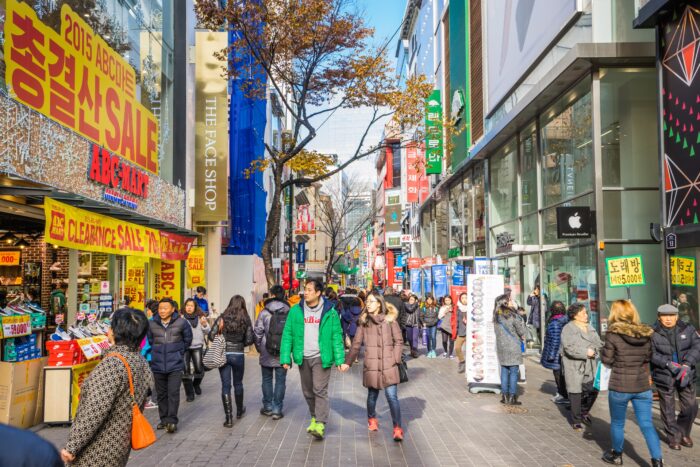
On average, employees in South Korea start to earn more than they spend at age 27, before this turns into a deficit at age 61.
More women in South Korea choosing to leave the workforce

Childcare has been cited as the main reason why married women in the country choose to leave the workforce.
South Korea priorities job creation for older jobseekers

Efforts are ongoing to create employment opportunities for South Korea’s elderly population, which is expected to reach 10 million by 2025.
South Koreans spend more time at work despite reduced work hours

While work hours have declined over the past decade, employees in the country are still among those in the world who record the most hours at work.
Business in South Korea told to address workplace gender equality

South Korea has the smallest share of parents who go on leave for their children among developed nations, even as the country’s workforce continues to shrink.
South Korean lobby groups call for corporate tax to be reduced

A corporate tax reduction will improve cash flow that can then be directed to employment and investments, say the lobby groups.
South Korea told that labour laws need to improve

South Korea’s employment and workplace practices need to be more flexible and in line with global standards, said the Federation of Korean Industries.
South Korea’s labour market urged to adjust to employment uncertainty
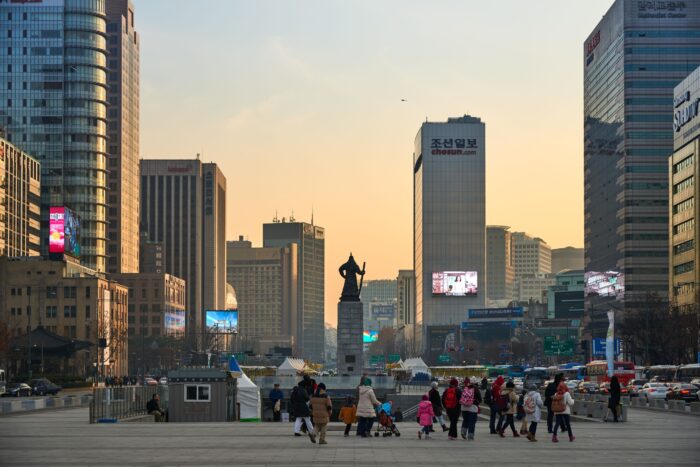
Job training and reskilling are measures that can be taken to create more employment opportunities in 2023, says business group.
College graduates in South Korea not actively seeking employment

Besides the lack of job vacancies, some South Koreans are taking time to better prepare, which accounts for their inactivity in the job market.
South Korean young adults taking longer to find jobs

New data has found that nearly 360,000 young adults in South Korea spent more than three years in landing their first job.
South Korea’s 52-hour workweek under scrutiny

A presidential advisory group has called for flexibility in implementing the 52-hour workweek which was first adopted in 2019.
Samsung moves to establish and strengthen flexible work culture

The South Korean tech giant has opened six co-working spaces to provide a hybrid work environment for employees.
